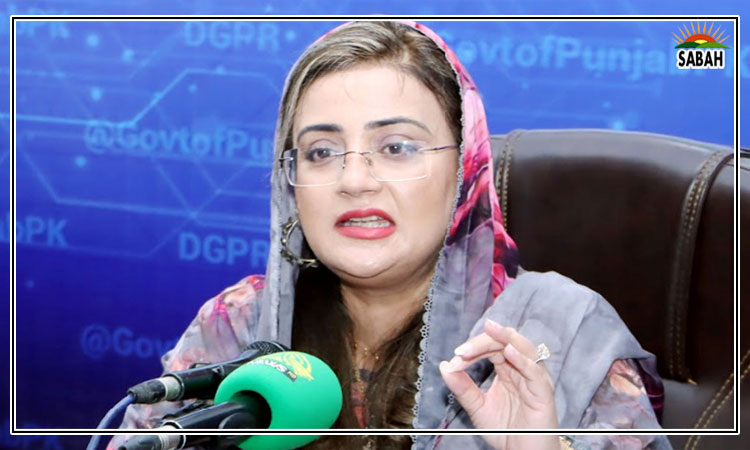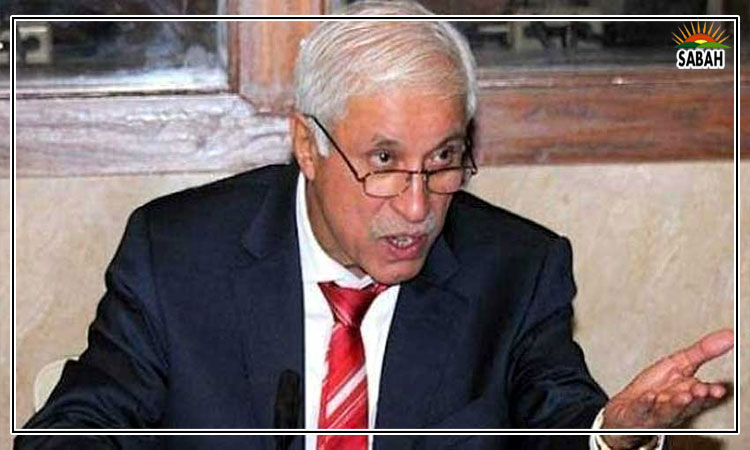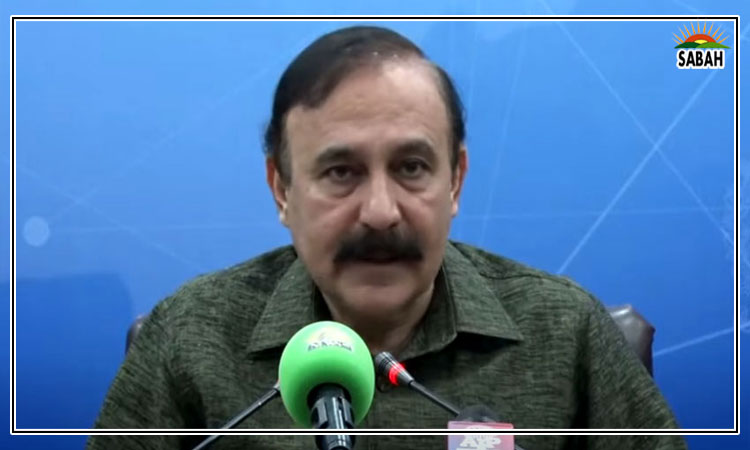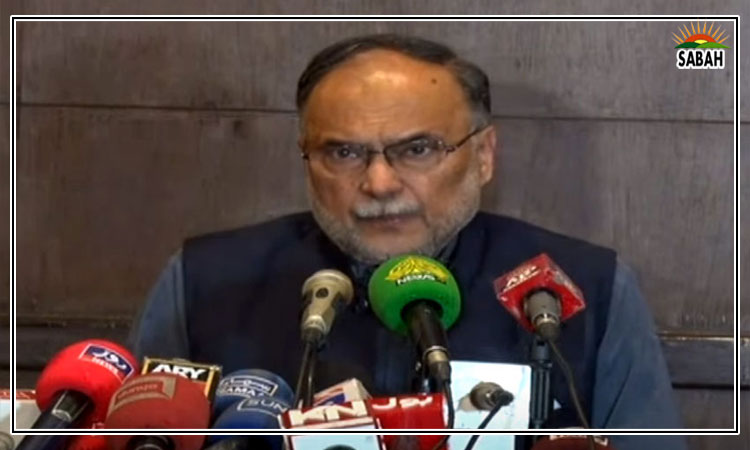Reforming government training institutions… Arslan Zahid Khan
Government training institutions play a pivotal role in shaping the effectiveness and integrity of a countrys civil service. These institutions are fundamental to good governance, providing public officials with the essential skills and knowledge required to manage complex administrative challenges.
Singapores Civil Services College (CSC) stands out as a premier example of excellence in this field. The success of CSC is attributed to its comprehensive approach, which seamlessly integrates theoretical knowledge with practical application. This holistic model ensures that civil servants are not only well-versed in governance principles but also proficient in applying these principles in real-world contexts. By setting high standards and focusing on continuous improvement, CSC demonstrates how investment in rigorous and innovative training programmes can profoundly elevate the efficiency and ethical standards of public administration. Most importantly, the visionary leadership has been crucial in setting and maintaining the institutions high standards, positioning CSC as a global benchmark for civil service training.
In stark contrast, Pakistans government training institutions are facing a range of serious challenges. Leadership positions within these institutions are often viewed as marginal roles with limited incentives, leading to staffing by individuals who have rested on their laurels, seeking personal convenience rather than professional commitment. Additionally, there is a significant deficiency in the emphasis on research within these institutions. The training programmes lack the modern, research-based methodologies necessary to address complex policy issues effectively. Consequently, civil servants are often inadequately prepared to manage the demands of policy formulation and implementation. Moreover, the evaluation mechanisms currently in place are insufficient, resulting in a culture where shortcuts such as plagiarism and misuse of generative AI in research are prevalent. This inadequate evaluation framework undermines the integrity and effectiveness of the training process, failing to instil a culture of seriousness and accountability among trainee officers.
To address these pressing issues, a thorough overhaul of Pakistans civil service training institutions is essential.
Firstly, enhancing leadership within these institutions is crucial. Offering competitive incentives and substantial recognition can attract top civil servants to assume leadership roles, motivating them to drive meaningful reforms and implement changes that align with the core values of the civil service. Furthermore, it is imperative to integrate theoretical knowledge with practical experience in the training curriculum. This can be achieved by combining the expertise of seasoned practitioners with that of academicians to create a well-rounded educational approach. Such integration will ensure that trainee officers acquire both the theoretical insights and practical skills necessary for effective public service. In addition, introducing research-oriented courses with a focus on data analytics is vital for equipping them with advanced skills to tackle complex policy issues. Cultivating a robust research culture will enable them to make informed, data-driven decisions and effectively address modern governance challenges. Besides, strengthening evaluation criteria for assignments and exams is also crucial. Implementing rigorous standards will ensure that officers approach their work with seriousness and uphold the highest levels of integrity, fostering a culture of professionalism and accountability. Finally, forging international collaborations with esteemed training institutions and leveraging their digital resources will enrich the training experience. Access to global best practices and cutting-edge knowledge will help align the countrys training standards with international benchmarks.
Reforming Pakistans civil service training institutions is a substantial step towards establishing a more efficient bureaucracy. By adopting a strategic approach to reform, the country can cultivate a new generation of civil servants capable of enhancing governance standards and guiding the nation toward a prosperous future.
Courtesy The Express Tribune












